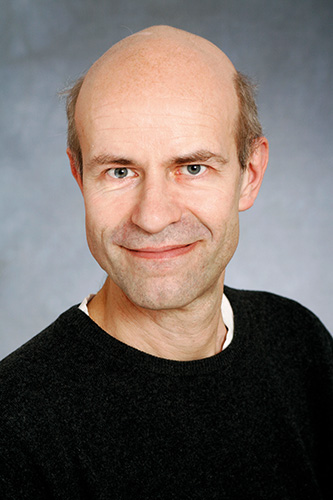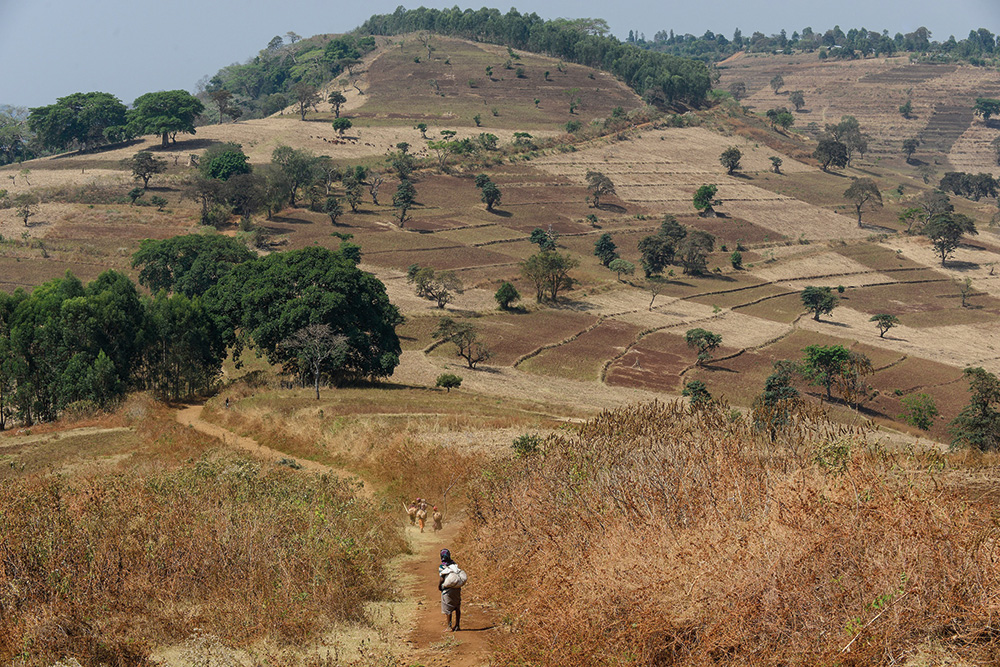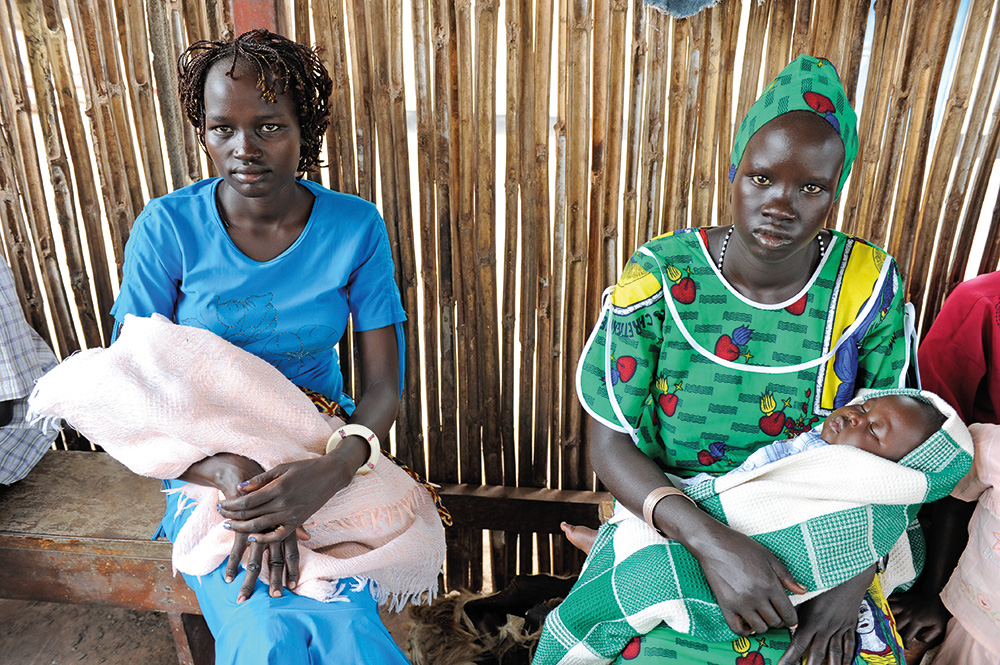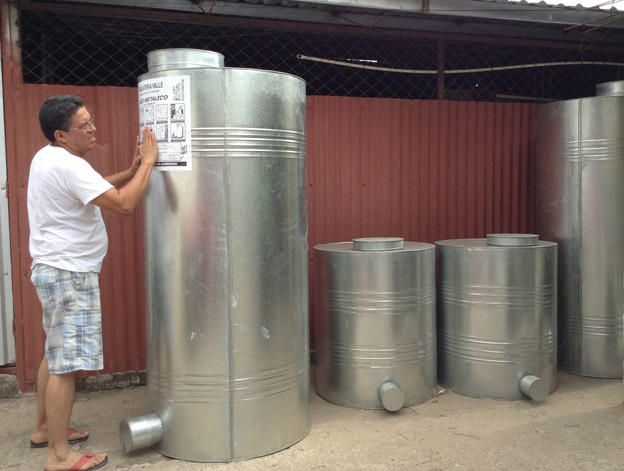DLG-Verlag was founded in 1952 as a subsidiary of DLG e.V. (Deutsche Landwirtschafts-Gesellschaft - German Agricultural Society) with its headquarter in Frankfurt/ Germany. The publishing company provides expertise for the agricultural and food sector.
With its subsidiaries Max-Eyth-Verlag and DLG-Agrofood Medien GmbH the DLG-Verlag offers books and magazines, as well as catalogs of the DLG's international DLG exhibitions.
Members:
Resources
Displaying 36 - 40 of 316Nature as a commodity, or: Does nature have a value?
Is it right to attach financial values to nature and to incorporate that valuation into the post-2015 agenda? Will such valuation help to protect species diversity and ecosystems? Or does it not rather harbour the risk that we cheerfully go on destroying nature since other aspects of the national accounts can be seen as compensation? Civil society is split on this issue. Our author points out why.
The Post-2015 Sustainable Development Goals: a historic opportunity
In September 2015, the Sustainable Development Goals (SDGs) are to be adopted in the context of the Post-2015 Agenda. In what way do the SDGs differ from the Millennium Development Goals? What does the community of states expect from their introduction? Our authors describe the background of the process and the latest developments in the debate.
“One World – No Hunger” A look at the German Development Ministry’s Initiative
With reference to the “One World – No Hunger” Initiative, Stefan Schmitz shows how food policies can support the attainment of the Sustainable Development Goals and highlights the interdependencies between the individual goals and targets.
Simple technology, big impact
More than 30 years ago, the Swiss Agency for Development and Cooperation (SDC) started a post-harvest programme in Central America named “Postcosecha”. The significant impact that was still evident long after the project end also continues to exist after the cessation of external support. The current priority in SDC’s contribution to post-harvest management (PHM) is to use existing knowledge and experience to create conditions for scaling up the most appropriate PHM technologies in sub-Saharan Africa.
Monitoring progress on agriculture and rural development
The Sustainable Development Goals (SDGs) will amount to little unless backed by reliable indicators. Only with good metrics can the agenda be implemented and progress measured. Just like the SDGs themselves, the indicators are still in the discussion phase, with the Sustainable Development Solutions Network (SDSN) one of the many players in this process. They outline their recommendations in the following article, using rural development as an example to describe them.






